Chemistry

Educators and Parents, Sign Up for The Cheat Sheet
Weekly updates to help you use Science News Explores in the learning environment
Thank you for signing up!
There was a problem signing you up.
-
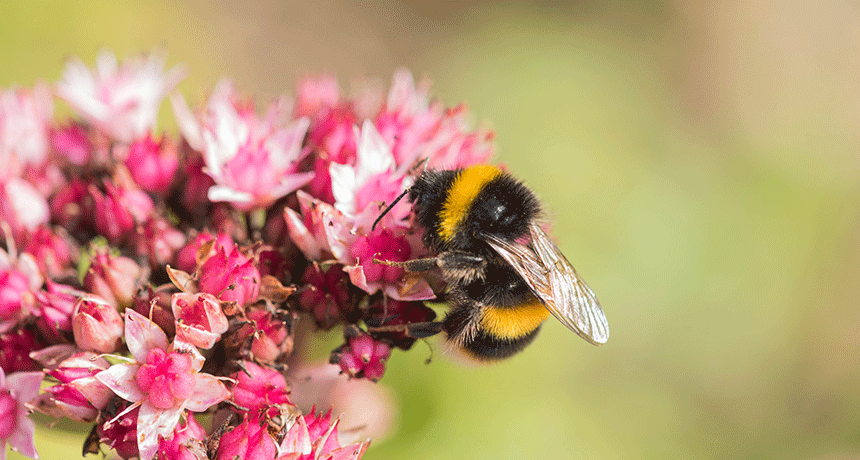 Chemistry
ChemistryScientists Say: Gradient
This is a word used to describe the rate that something changes over a distance or time. Examples include the strength of a smell or the steepness of a mountain.
-
 Materials Science
Materials ScienceU.S. Army is developing high-tech underwear
A new fabric could warm the skin of active soldiers in cold climates. At the same time, it could soak away sweat that might otherwise cause chills.
-
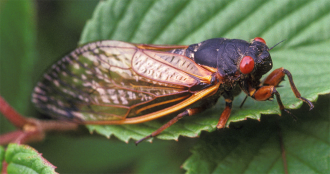 Chemistry
ChemistryWhy are cicadas such clumsy fliers?
Chemical clues in the cicada’s wing may help explain why the bulky insect is a lousy flier.
-
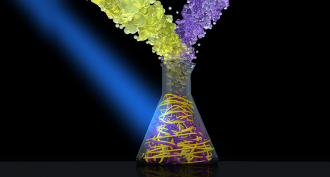 Materials Science
Materials ScienceBlue light flexes its chem-building muscle
Scientists found a new way to build a strong but bendable blend of polymers. The trick? Expose the ingredients to a beam of blue light.
By Sid Perkins -
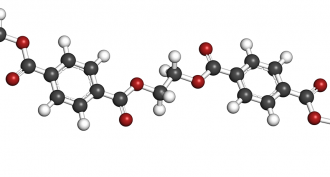 Chemistry
ChemistryExplainer: What are polymers?
Polymers, whether natural or artificial, are big molecules made by linking up smaller repeating chemical units. The most common “backbones” for polymers are chains of carbon or silicon, each of which can bond to four other atoms.
By Sid Perkins -
 Chemistry
ChemistrySpecially coated fabric could turn a shirt into a shield
Specially treated fabrics offer a new kind of defense against chemical attacks. It could protect troops — and people living in war-torn nations where chemical weapons may be used.
-
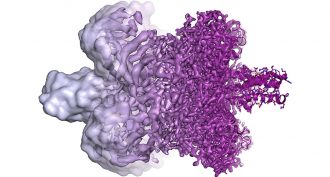 Chemistry
ChemistrySuper-chilled imaging technique brings its developers the Nobel Prize in chemistry
Three men who helped develop a super-high-resolution imaging technique for proteins, viruses and more received the 2017 Nobel Prize in chemistry.
By Carolyn Gramling and Laurel Hamers -
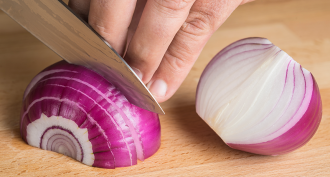 Chemistry
ChemistryWhy onions make us cry
Researchers add another piece to the molecular puzzle biochemists have tried to solve for decades — why onions can make our eyes tear up.
-
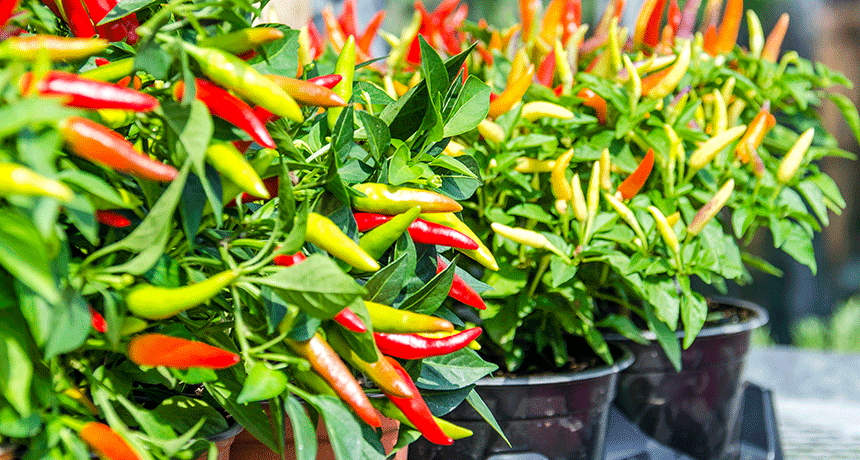 Chemistry
ChemistryScientists Say: Capsaicin
This chemical is produced by pepper plants and gives them their hot flavor.
-
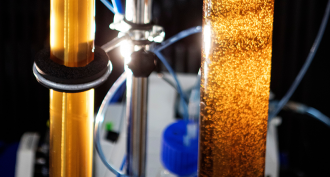 Chemistry
ChemistryRecycling urine may be a way to boost plant growth
A new chemical method makes nutrient-rich fertilizers from human urine.
-
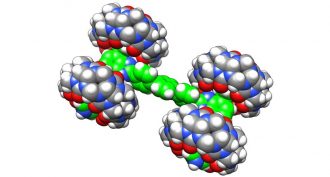 Tech
TechMeet the world’s smallest monster trucks
These DNA-scale nano-vehicles surprised chemists. The bonds that hold their atomic building blocks in place grip the wheels more strongly than anyone had expected.
-
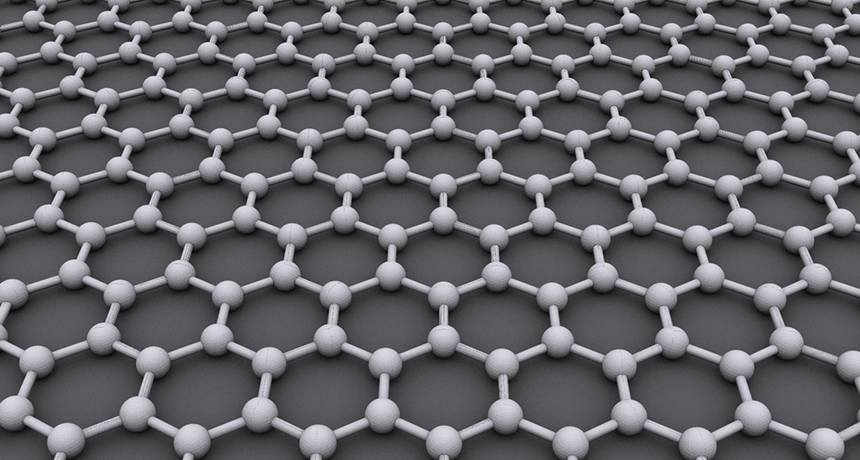 Chemistry
ChemistryScientists Say: Graphene
This is a single layer of carbon atoms, linked to each other in a flat sheet. It’s super strong, super flexible and conducts current, too.